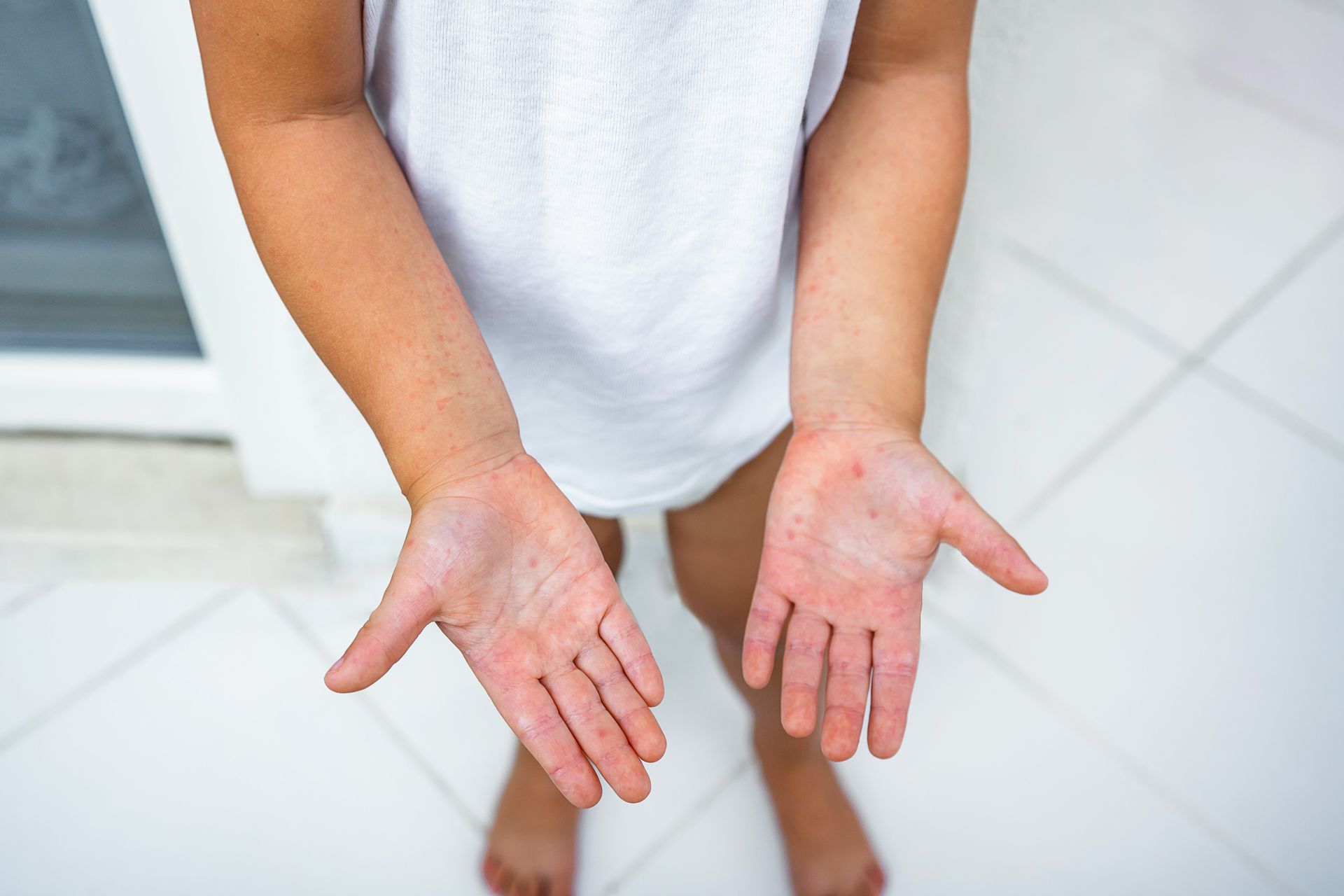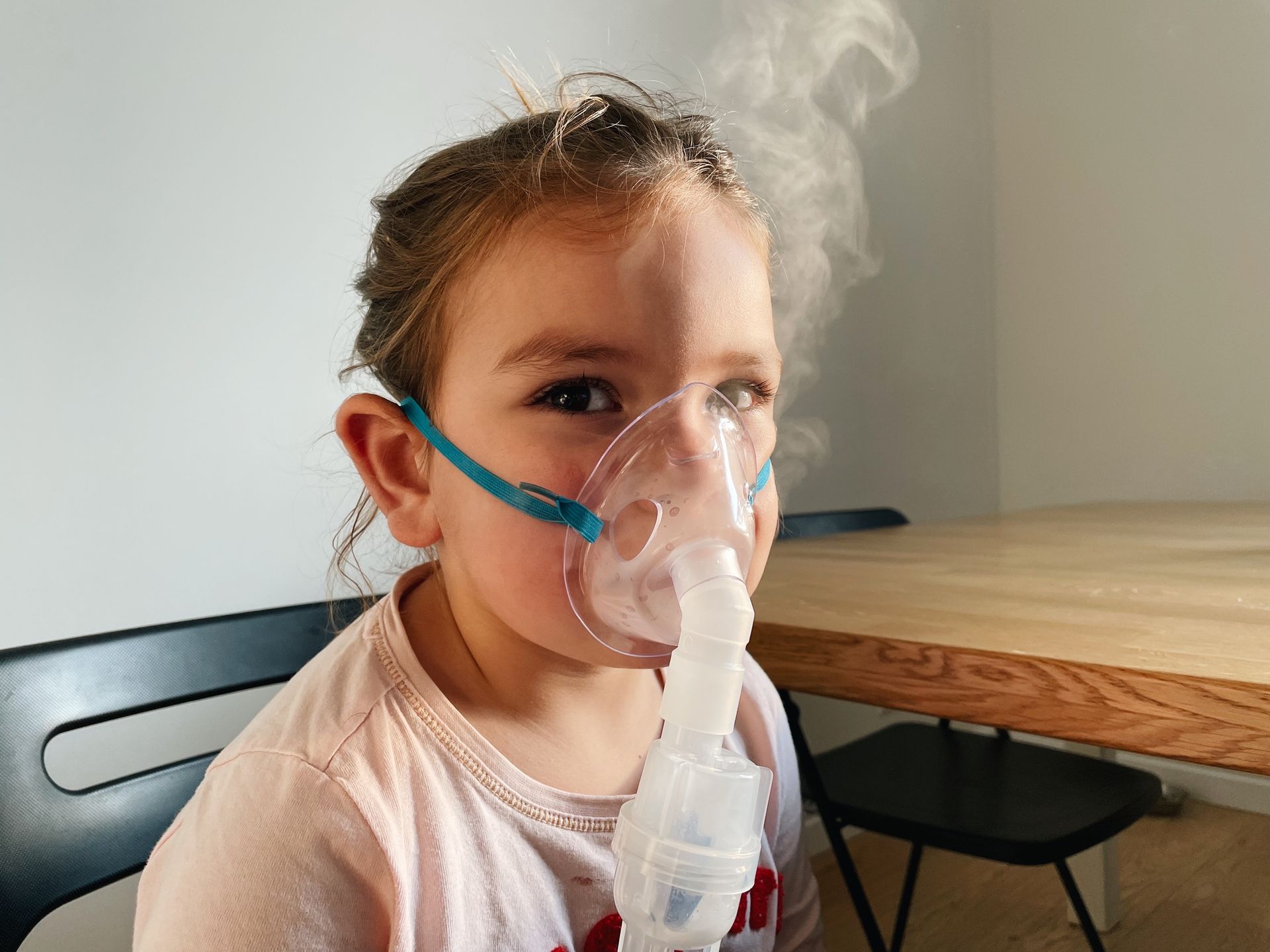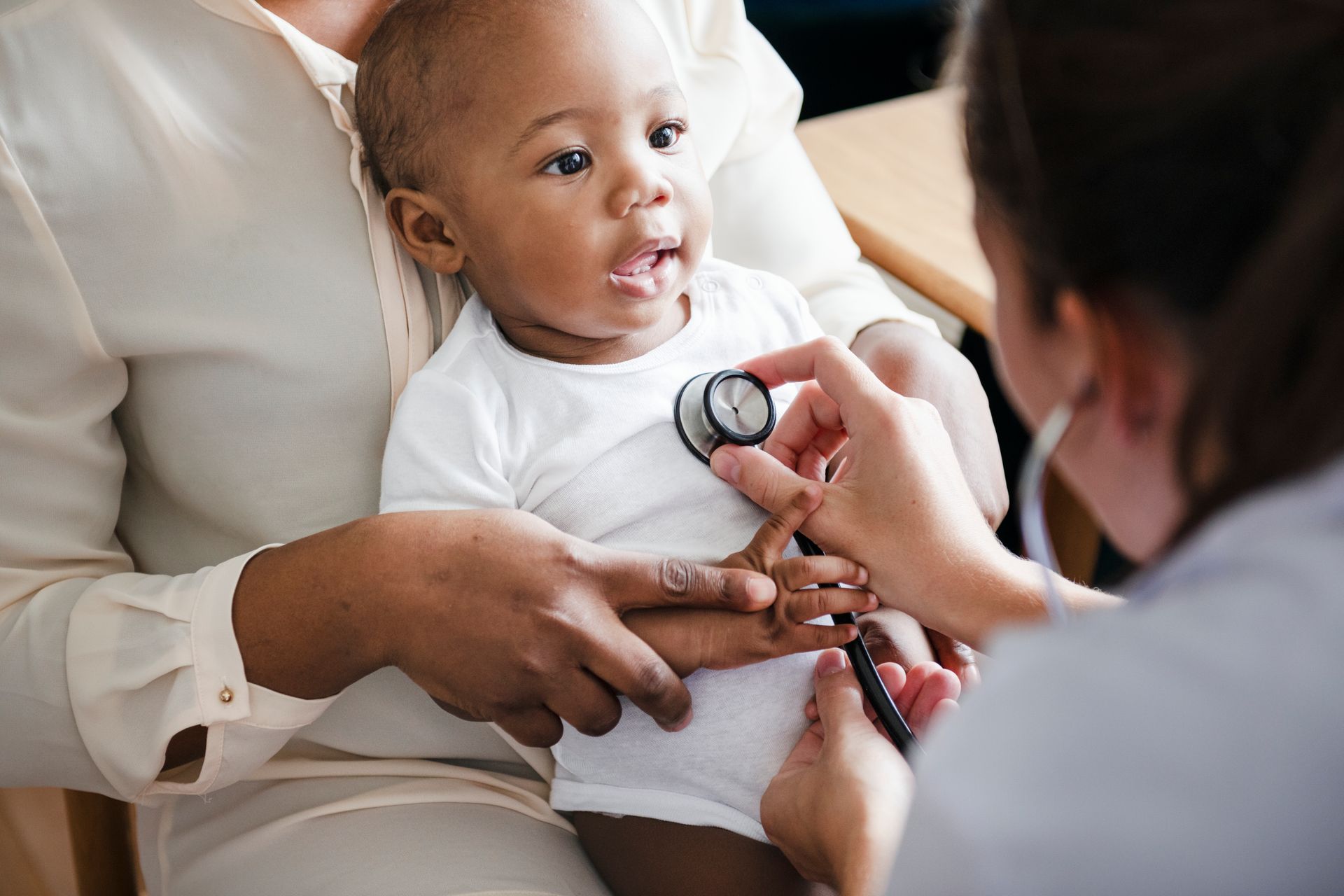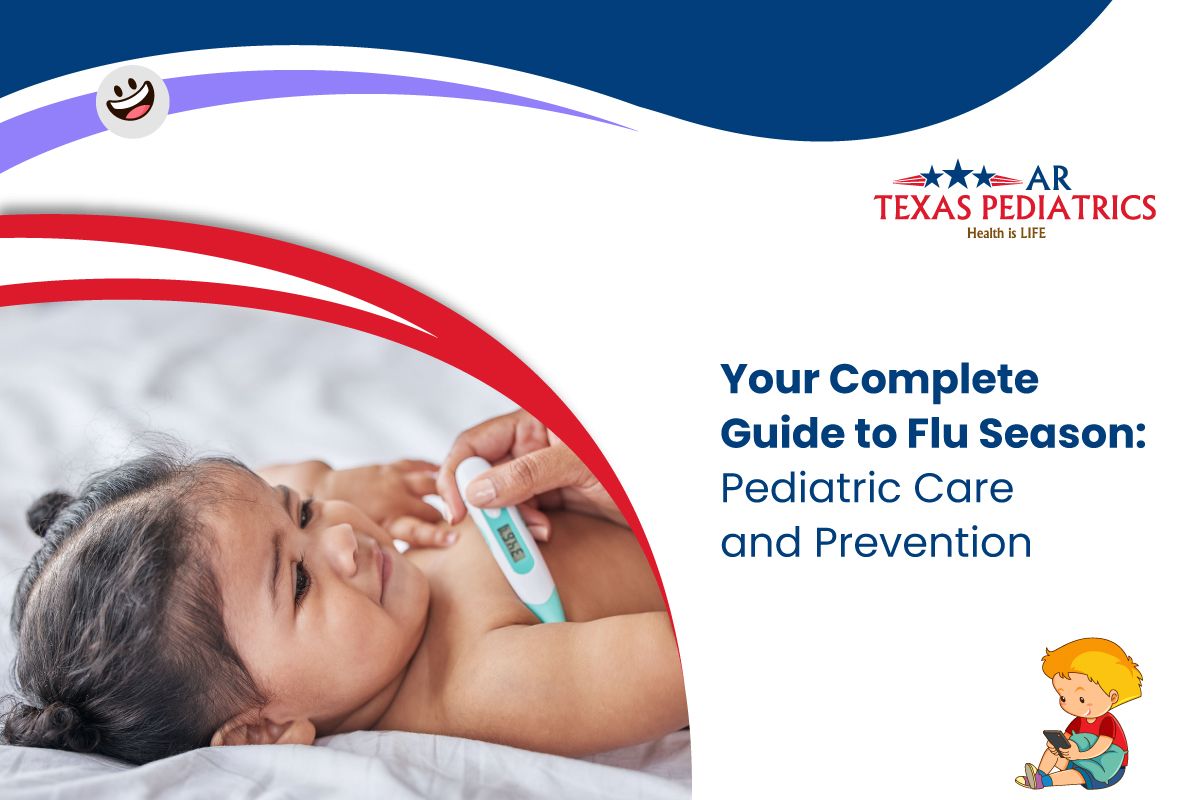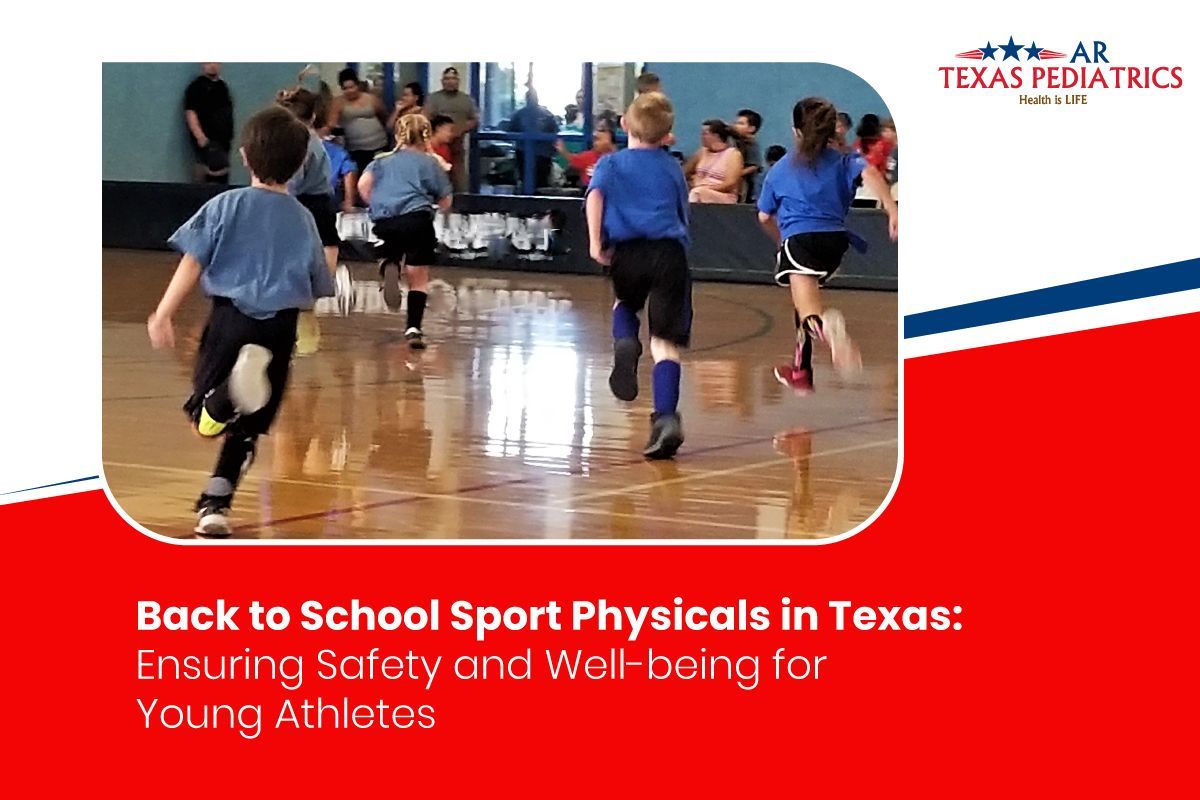
PHONE & EMAIL
Understanding Birth Defects: A Guide for Parents
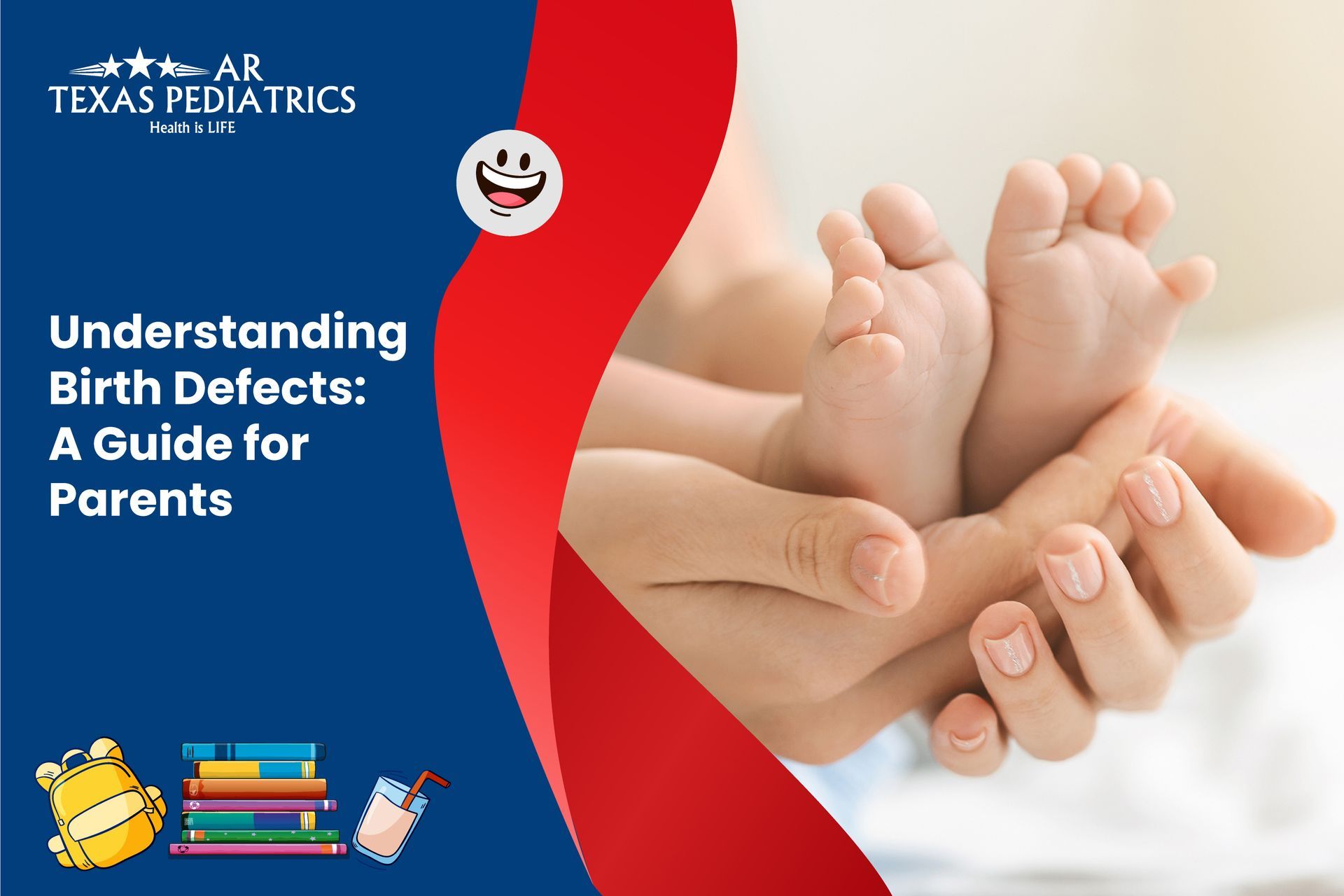
In observance of National Birth Defects Awareness Month in January, the March of Dimes and the Centers for Disease Control and Prevention (CDC) promote awareness of congenital disabilities at all stages of life.
What is a birth defect? A congenital disability occurs when your baby's body has
structural changes that can affect almost any part of it. They might change how the body looks, works, or both. The severity of congenital disorders can vary.
What Causes Congenital Disabilities?
Factors that affect congenital disabilities include:
1. Infections.
Pregnant people who contract specific infections are
more likely to give birth to a deformed baby.
What infections cause birth defects? One infection is the
Zika virus during pregnancy. This medical condition can result in microcephaly, a birth condition in which the brain and skull are smaller than usual. Moreover, Zika infection during pregnancy links to various structural
brain abnormalities.
2. Pregnancy-Related Exposure to Drugs, Chemicals, or Other Substances.
Taking
thalidomide without knowing you're pregnant could result in birth abnormalities such as missing thumbs, undeveloped limbs, and eye and ear problems.
Exposure to rubella (also known as German measles) and hazardous substances such as
hydrocarbons are two further instances. Exposure to hydrocarbons can result in heart disorders in children.
The most often-used substance that causes birth abnormalities is alcohol. Fetal alcohol syndrome refers to birth abnormalities produced by
alcohol use while pregnant. Common examples of Fetal alcohol syndrome are:
- Learning difficulties.
- Coordination issues.
- Facial feature abnormalities.
- Delay in development.
- Irritability.
- Hyperactivity.
3. Genes and Chromosomal Structure
Genetic or inherited factors are responsible for
around 20% of birth abnormalities. There are three genetic causes of congenital disabilities:
- Anomalies in the chromosomes.
- Defects in a single gene.
- Multifactorial.
Accidental damage can sometimes result in defective genes leading to
spontaneous mutation. Most cases of
achondroplasia (severe low stature and deformed bones) are generated by fresh damage to the regulating gene. Also, combination errors can result in chromosome
translocations, resulting in complex birth abnormalities.
Moreover, each human cell has
46 chromosomes and hundreds of genes. Each gene governs body part development or function. Too many or too few chromosomes
disrupt anatomic development and function.
Meanwhile, birth diseases, such as down syndrome, also occur when there are too many chromosomes. Due to a cell division error, Down syndrome patients have one extra chromosome (chromosome 21). Additional chromosomes cause birth problems. Down syndrome is characterized by the
following:
- developmental delay,
- muscle weakness,
- downward-slanting eyes,
- low-set malformed ears,
- an irregular palm crease, and
- heart and intestine birth problems.
Common Congenital Deformities
Most birth malformations are categorized as structural or functional and developmental.
Structural deformities -
these are congenital disabilities that are due to missing specific body parts or that do not work right. This is called a structural defect. These
common congenital disabilities are
- A heart problem
- Cleft lip or palate: an opening or split in the lip or roof of the mouth.
- Spina Bifida: when the spinal cord doesn't develop properly.
- Clubfoot: when the foot points inward instead of forward.
A body part or system doesn't work right when a baby is born with a functional or developmental congenital disability. These often lead to problems with intelligence or growth. Some examples of functional or developmental congenital disabilities are problems with the metabolism, the senses, or the nervous system. Metabolic defects affect the baby's body chemistry.
Development deformities - are congenital disabilities that affect how the body works or grows, such as
- Down syndrome.
- Sickle cell disease is caused when the red blood cells are not in the right shape.
- Cystic fibrosis, which hurts the lungs and digestive system, is genetic.
Some defects don't show up for months or even years after a child is born. Some children may have physical problems, while others don't show any physical signs of congenital disabilities.
How to Identify Birth Defects?
You can detect birth
deformity before, during, or after delivery. Most problems present at birth are found in the
first year of life. Some congenital disabilities, like a cleft lip, are easy to spot. Still, others, like heart problems or hearing loss, can only be found with special tests, like echocardiograms, x-rays, or hearing tests.
Further, your healthcare providers can use prenatal ultrasounds to diagnose birth anomalies in the uterus. Blood tests and amniocentesis (amniotic fluid sample) can also be done.
These tests are administered to women with higher-risk pregnancies due to family history, maternal age, or other factors.
Moreover, each child's well-being depends on the severity and the affected organ or body part. Children with congenital disorders can live longer or shorter based on the severity of their disabilities and the part of their bodies they affect.
How Are Birth Abnormalities Treated?
Some congenital abnormalities
can be repaired before or after delivery. Other defects can be lifelong. Mild flaws might be stressful, but they rarely influence life quality.
Cerebral palsy and
spina bifida can cause long-term impairment or death. Consult your child's doctor about these treatments.
Medication: Medicine can be used to treat some birth abnormalities or lower the risk of problems caused by others. This medication is given to correct a congenital disability.
Surgeries: Operation can correct certain flaws or alleviate undesirable symptoms. People with congenital malformations like cleft lips may receive plastic surgery for health or cosmetic reasons. Heart defect babies often need surgery.
Home care: Families can be instructed to feed, bathe, and monitor a congenital disability infant.
Support and Counseling
In caring for a child with a congenital disability, your child's pediatrician or family doctor is crucial. Ask your
pediatrician or doctor about several resources available to you and your family. Support groups, medical services, and medical knowledge can help.
To learn about your child's condition, your healthcare provider can recommend that you see a genetic counselor. Genetic counselors discuss birth anomalies, diagnosis, genetics, and medical issues.
Consult your Doctor
Please take advantage of our Well Child service, which includes newborn screening. Our professional physicians will perform tests that screen for genetic and metabolic abnormalities. This also includes other illnesses that may impede their growth.
Searching for a "children's doctor near me" or a "pediatrician in Houston, Texas," will lead you to our experienced
pediatricians at AR Texas Pediatrics. We will provide you with additional information on how to care for your child with birth abnormalities.
Your child's health is our highest priority. Our ultimate objective is for them to live healthier lives.
To schedule an appointment, please click
here or call (281) 484-6719.

Grow Your Career with Us
We offer exceptional pediatric services across Houston. Be part of our dedicated team and help foster healthier futures for children.
Quick Links
Services
Services
Address:
HOUSTON:
Quick Links
Services
Contact Info:
AR Texas Pediatrics | All Rights Reserved





